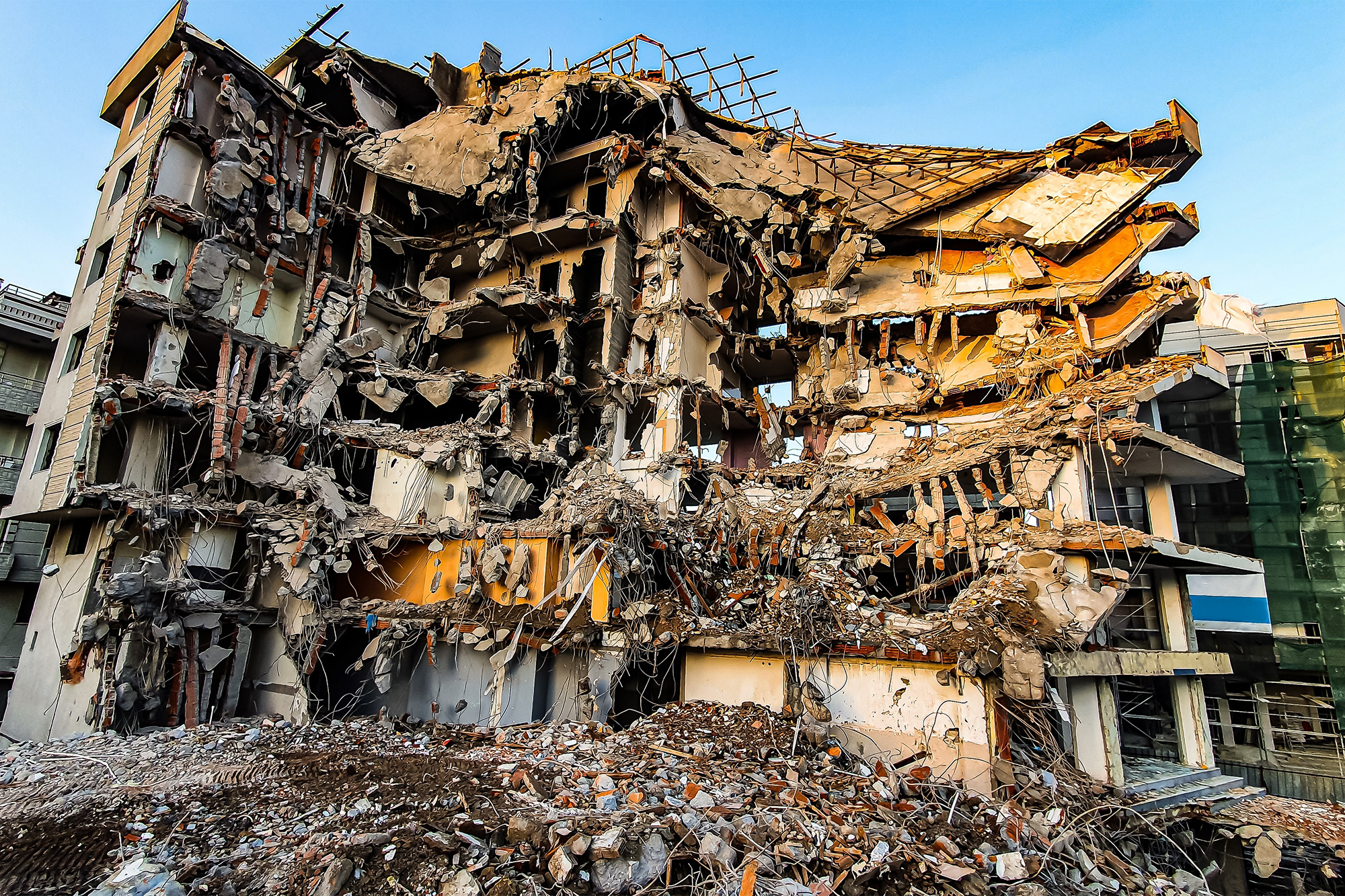What Would Happen if a 13 Richter Scale Earthquake Occurs?
The Richter scale is used to measure the magnitude of earthquakes. It is a logarithmic scale, meaning that a one-point increase on the scale represents a tenfold increase in the size of the earthquake. The largest earthquake ever recorded on the Richter scale was the 9.5 magnitude earthquake that struck Chile in 1960. However, have you ever wondered what would happen if an earthquake with a magnitude of 13 were to occur? In this article, we will explore the unthinkable and discuss the potential consequences of such an event.
What is a 13 Richter Scale Earthquake?
Firstly, it is essential to note that there has never been a recorded earthquake that has reached a magnitude of 13 on the Richter scale. However, it is possible to imagine the potential devastation that such an earthquake could cause based on what we know about earthquakes of lower magnitudes.
A 13 Richter scale earthquake would be an unimaginable disaster. To put this into perspective, the largest nuclear weapon ever tested, the Tsar Bomba, had a yield of 50 megatons of TNT. If we were to compare the energy released by the Tsar Bomba to that of a 13 Richter scale earthquake, the earthquake would release over 100,000 times more energy.
What Would Happen?
The effects of a 13 Richter scale earthquake would be catastrophic. The ground would shake violently, causing massive landslides and avalanches. Buildings would collapse, bridges and dams would crumble, and highways would be destroyed. The shockwaves would be felt thousands of miles away, and the earthquake could trigger tsunamis that would devastate coastlines around the world.
The immediate aftermath of such an earthquake would be complete chaos. Emergency services would be overwhelmed, and it could take days, if not weeks, for aid to arrive in the affected areas. Power and water supplies would be disrupted, and there would be a shortage of food and other essential supplies.
The long-term consequences of a 13 Richter scale earthquake would be equally devastating. It could take years, if not decades, for affected areas to recover fully. The economic impact would be significant, and many countries could be pushed into recession as a result. The loss of life would be staggering, with estimates suggesting that hundreds of millions of people could be killed or injured.
What Can We Do to Prepare?
While it is impossible to predict when or if a 13 Richter scale earthquake will occur, there are steps that we can take to prepare for such an event. One of the most important things that we can do is to invest in infrastructure that is designed to withstand earthquakes.
This includes retrofitting existing buildings to make them earthquake-resistant and building new structures with seismic safety in mind. We can also invest in early warning systems that can alert people to an impending earthquake, giving them time to evacuate or take shelter.
It is also crucial that we have emergency plans in place for dealing with the aftermath of such an event. This includes ensuring that emergency services are adequately equipped and trained to deal with a disaster of this magnitude, and that there are sufficient supplies of food, water, and other essentials to help people survive in the aftermath.
In conclusion, a 13 Richter scale earthquake is a catastrophic event that, if it were to occur, would have unimaginable consequences. While we may never experience an earthquake of this magnitude, it is essential to prepare for the worst-case scenario to minimize the damage and loss of life. By investing in earthquake-resistant infrastructure, early warning systems, and emergency plans, we can improve our chances of surviving a disaster of this magnitude. It is important to remember that being prepared for the worst-case scenario is not just the responsibility of governments and emergency services, but also of individuals and communities. We must all take steps to ensure that we are ready to face any challenge that may come our way.
Labels: Interesting, science


0 Comments:
Post a Comment
Subscribe to Post Comments [Atom]
<< Home